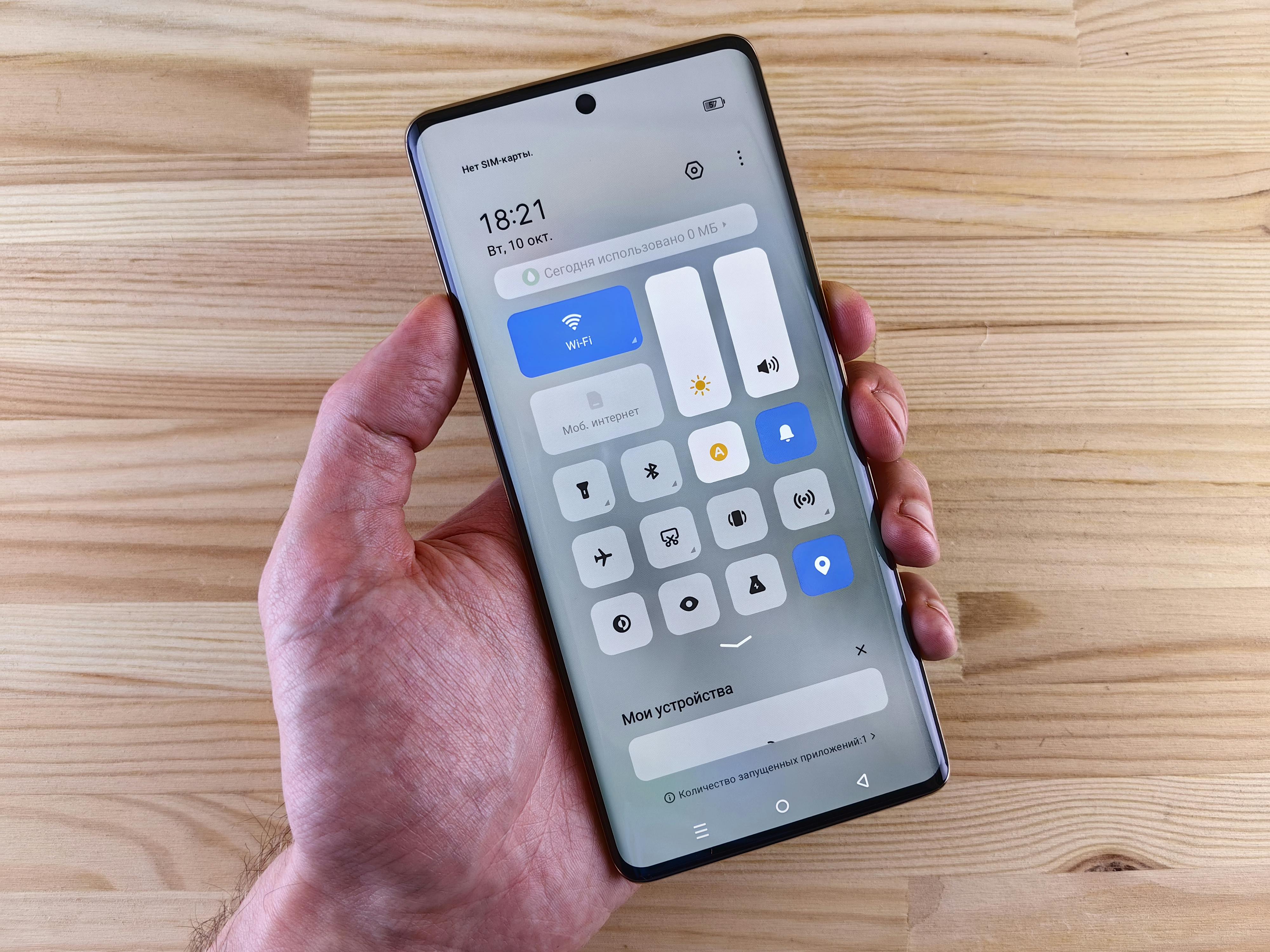Wi-Fi 7 Explained: The Next Generation of Home Networking

Tue, Oct 14, 2025 06:35 PM
Wireless networking is about to get a serious upgrade. With devices demanding more bandwidth, lower latency, and seamless connectivity everywhere in the home, Wi-Fi 7 (also called IEEE 802.11be) promises to be the next frontier. If you’re a tech enthusiast, a network DIYer, or simply someone who wants better streaming and gaming performance, let’s break down what Wi-Fi 7 is, why it matters, and how to prepare your home for it.
What Is Wi-Fi 7? An Overview
Wi-Fi 7 is the upcoming wireless standard that builds on Wi-Fi 6/6E but pushes performance, capacity, and reliability further. Its key goals include:
Multi-gigabit speeds (theoretical up to 46 Gbps in optimal conditions)
Ultra-low latency
Better handling of crowded networks
More efficient spectrum usage
It’s not just about raw speed — Wi-Fi 7 is about delivering more consistent performance, even when many devices are active at once.
Key Improvements in Wi-Fi 7 vs Previous Generations
Here’s what sets Wi-Fi 7 apart:
1. Wider Channels & Multi-Link Operation (MLO)
Wi-Fi 7 can use channels up to 320 MHz wide (vs 160 MHz in Wi-Fi 6E) and supports Multi-Link Operation, meaning devices can transmit simultaneously across multiple bands (2.4 GHz, 5 GHz, 6 GHz) for higher throughput and resilience.
2. More Efficient Modulation (4096-QAM)
Wi-Fi 7 uses 4096-QAM, which allows more bits per symbol—boosting data rates in good signal conditions.
3. Enhanced MU-MIMO and OFDMA
Capacity improvements for many simultaneous users—great for crowded homes and smart devices.
4. Lower Latency & Better QoS
Improved scheduling, buffer control, and quicker response times for real-time applications like gaming and AR/VR.
Why Wi-Fi 7 Matters for Home Users
You might ask: “I’m already on Wi-Fi 6E—is Wi-Fi 7 really necessary?” Let me walk through where it has real impact:
4K/8K Streaming & Cloud Gaming: Higher throughput means fewer hiccups.
Smart Home & IoT Density: As your home fills with sensors, cameras, and automations, Wi-Fi 7 handles the load better.
Work-from-home + Content Creation: Uploads, video calls, remote editing—all benefit from higher reliability.
Future-proofing: Devices will continue to demand more. Upgrading early positions your network for longevity.
Challenges and Real-World Constraints
Of course, theory and practice often diverge. Here are some challenges:
Physical limitations: Walls, interference, and distance degrade signals.
Backhaul & ISP limits: Even if Wi-Fi 7 pushes internal speeds, your internet connection may be the bottleneck.
Cost: Early routers and devices are typically premium-priced.
Device support: Not all devices will immediately support Wi-Fi 7.
In large homes, proper planning is vital—learn how to optimize your Wi-Fi in a large home to reduce dead zones and interference.
Preparing Your Home for Wi-Fi 7
Here’s a roadmap to get ready:
1. Prime Network Infrastructure
Ensure your wiring, central cabling points, and backbone [Ethernet wiring] are high-quality. Use CAT6a or better, structured wiring, and clean terminations.
2. Plan Router Placement & Coverage Zones
Even the best router can struggle if placed poorly. Strategically locate it central and elevated. Mesh or multiple units may be needed in big homes.
3. Learn About Wireless Isolation and Network Segmentation
Wireless isolation features help protect devices across SSIDs. Dive into all you need to know about wireless isolation to understand how to segment and secure your network.
4. Legacy Devices & Band Steering
Some older devices may not support Wi-Fi 7. Plan for mixed environments and allow band steering or fallback to 5 GHz/2.4 GHz as needed.
5. Backward Compatibility & Gradual Migration
Wi-Fi 7 is backward-compatible, so you can gradually migrate devices. Don’t rip out everything at once.
6. Enabling and Planning 2.4 GHz Use
While 2.4 GHz is slower, it may still be relevant for low-speed IoT or longer-range devices. Review configurations like enabling 2.4 GHz on your router (as shown for Spectrum routers) to maintain compatibility.
When Wi-Fi 7 Devices Arrive
Once Wi-Fi 7 routers and devices enter the market, here’s how to roll them in:
Replace core router or gateway first
Update mesh nodes or add Wi-Fi 7 nodes gradually
Migrate high-demand devices first (like consoles or 4K media boxes)
Monitor performance, adjust channel/band settings
Conclusion
Wi-Fi 7 represents more than just a speed bump. It’s a leap toward smarter, more reliable home networks that support tomorrow’s experiences streaming, gaming, immersive tech, and dense IoT. While it won’t fix external internet limitations, within your walls, it promises a stronger, more responsive network. Get your infrastructure ready, plan smart, and keep an eye on device support. The future of seamless connectivity is coming—why wait?
Featured Plan

Bundles starting from $39.99/mo.
With Xfinity, you can get an amazing internet speed up to 1000 Mbp, over 260+ of digital TV channels, unlimited talk time nationwide, business plan, and home security services. Xfinity Comcast is the largest cable provider in the US.
View More Deals! (833) 396-3209